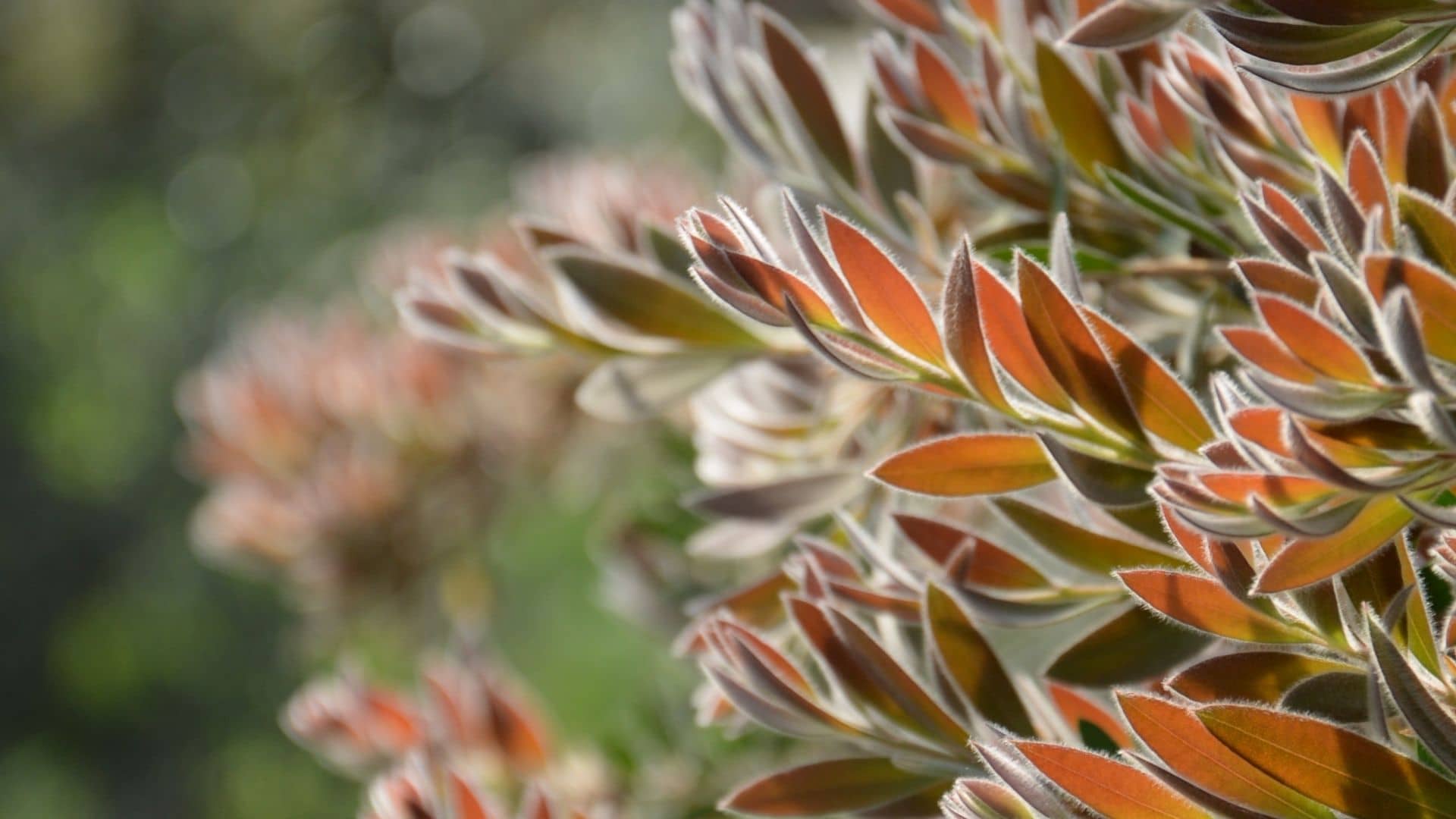







Session 5: A place of turning
Many people find that a good way of becoming focussed is to pay attention to their breathing. It’s important, when you do this, that you don’t try and change the pattern and rhythm of your breaths. Just notice as you breathe in, and as you breathe out, for the next few moments.
In Hebrew, the word for breath is the same as the word for Spirit. So image yourself drawing God’s Spirit deep into you as you breathe in, and expelling all that might get in the way between you and God as you breath out.
Today we hear a passage from the Book of Exodus.
Exodus 16: 1 – 4, 13 – 15
The whole congregation of the Israelites set out from Elim; and Israel came to the wilderness of Sin, which is between Elim and Sinai, on the fifteenth day of the second month after they had departed from the land of Egypt. The whole congregation of the Israelites complained against Moses and Aaron in the wilderness. The Israelites said to them, ‘If only we had died by the hand of the LORD in the land of Egypt, when we sat by the fleshpots and ate our fill of bread; for you have brought us out into this wilderness to kill this whole assembly with hunger.’
Then the LORD said to Moses, ‘I am going to rain bread from heaven for you, and each day the people shall go out and gather enough for that day. In that way I will test them, whether they will follow my instruction or not.
In the evening quails came up and covered the camp; and in the morning there was a layer of dew around the camp. When the layer of dew lifted, there on the surface of the wilderness was a fine flaky substance, as fine as frost on the ground. When the Israelites saw it, they said to one another, ‘What is it?’ For they did not know what it was. Moses said to them, ‘It is the bread that the LORD has given you to eat.
If you’ve been following this retreat so far, the start of this passage might sound familiar. Just as in the scripture we considered yesterday, the people are still wandering in the wilderness. They are still dissatisfied, and still complaining against Moses. Does your own relationship with God ever have a note of “Here we go again” in it?
On this occasion, though, God reacts to the people’s complaints by promising to give them all that they need. They won’t starve, they won’t die of thirst, even in the middle of a harsh environment. Remember a time when God has met all your own needs in a challenging time.
At first the people find it difficult to recognise this strange stuff that covers the camp as the food that God had promised them. I, too, can pray for something, and yet not recognise the way in which God chooses to answer my prayer. Can you point to examples of that in your own life?
Each day God provides enough for what the people need that day. They can’t store up this gift, but have to trust that God will provide more of what they need tomorrow. How does it feel to have to be reliant on God in this way, to have to rely on the fact that he will continue to give you everything you need?
One of the lessons of the passage we’ve looked at yesterday and today is that God won’t give up on us just because we complain. Is there anything, in your own life or in the world, that you’d want to complain to God about today? If so, why not take a moment now to do just that!
Of course, if a conversation is to be a real conversation, it needs to be two-way. How does God respond to your complaints?
Think for a moment of the food that you have eaten, or will be eating, today. Ultimately that food is itself a gift from God for you, God giving you what you need today, just as he met the needs of the people of Israel. Recognising this food as gift, what response do you want to make to God?
Do you find it easy to be reliant on God in this way? To trust that God will again give you what you need tomorrow? As this prayer-time draws to a close, tell God about your trust, or your lack of trust.